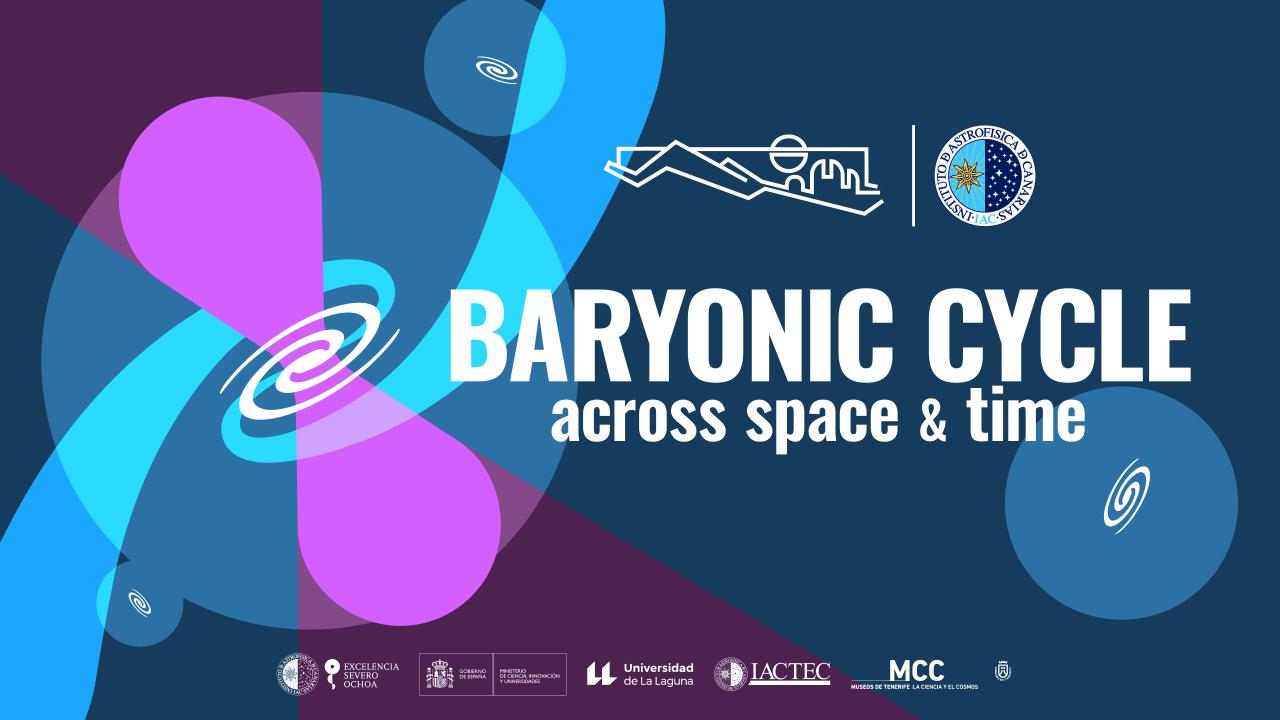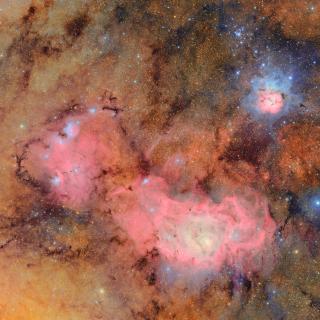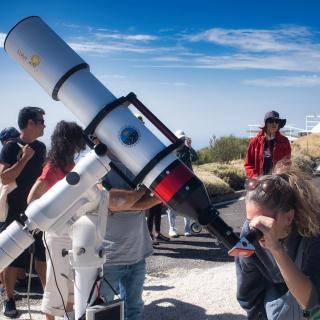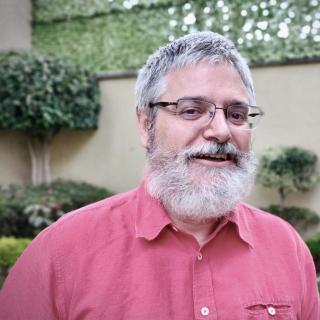The Instituto de Astrofísica de Canarias (IAC) and the University of La Laguna (ULL) are organizing the XXXV edition of the Canary Islands Winter School of Astrophysics which will take place between the 8 th and the 17 th of October in La Laguna,Tenerife. For this edition there will be 60 participants, including master’s and doctor’s degree students and postdocs, from thirteen different countries who will come to Tenerife to receive a complete and exhaustive view of the evolution of the galaxies.
The Canary Islands Winter School of Astrophysics is a key event in the calendar of the Instituto de Astrofísica de Canarias,which has been organized every year since 1989. This year the school will be split between two sites. The Museo de la Ciencia y el Cosmos and the IACTEC building, where a group of lecturers from ten research centres around the world will give two weeks of classes.
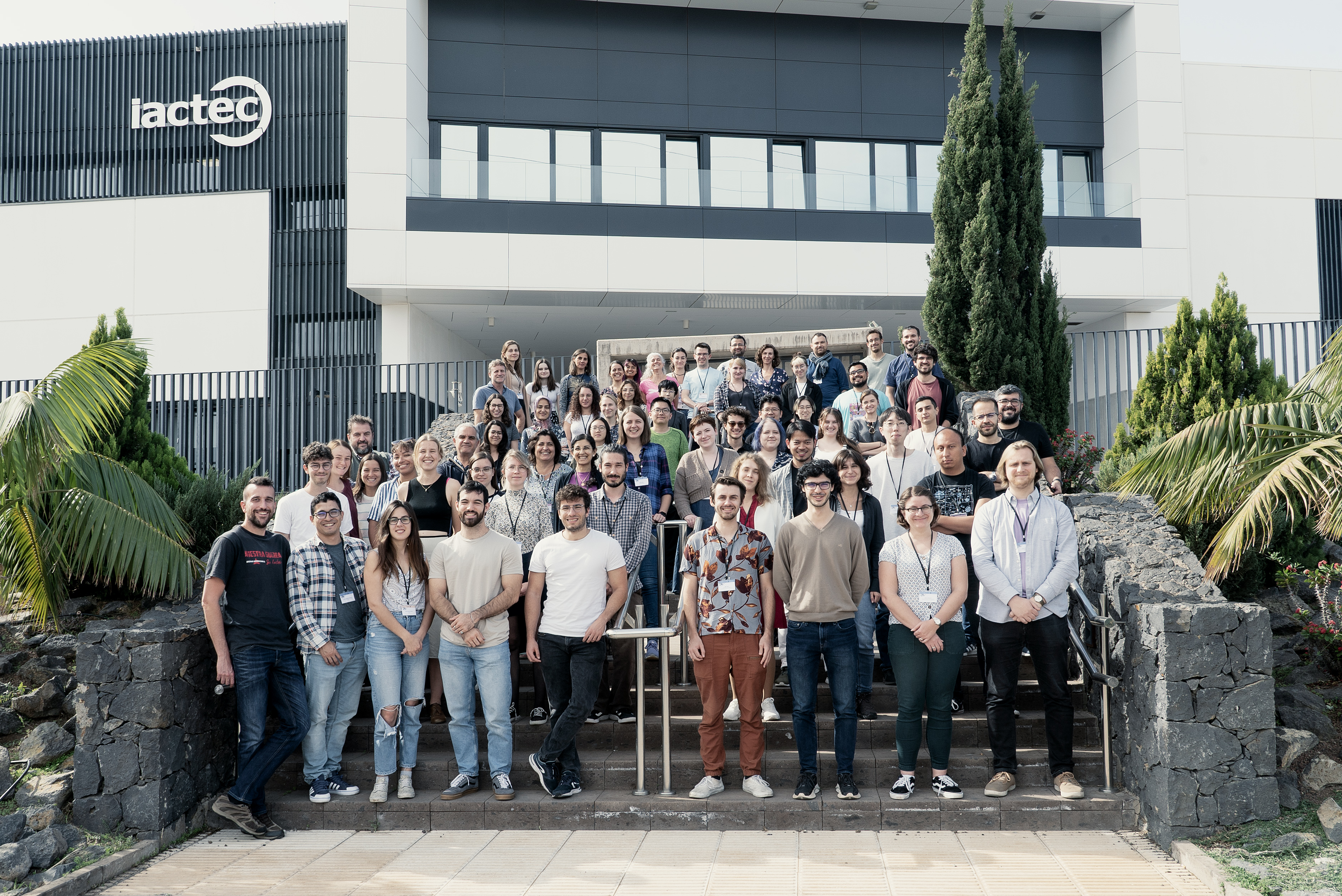
As usual the school will also include lectures open to the public. The first of these, on Friday October 11 th at 18:00h in the Museo de la Ciencia y el Cosmos (La Laguna, Tenerife) will be given by the astrophysicist Pablo Pérez González, and will be titled How has the matter from which we are made arrived here and now?.
Pablo Pérez González is a researcher at the Centro de Astrobiología (Madrid) and a recognized expert on the study of the evolution of galaxies using mult-band data. He is now actively participating in the use of the latest observational data from the James Webb Space Telescope.
Galaxies in a universe dominated by dark matter
Galaxies are very complex systems, produced basically by the interaction between gas, stars, dark matter and black holes. This complexity needs mutidisciplinary study, combining varied techniques both of observation and of computer modelling.
The motivation of the school is to offer to those attending the widest possible range of tools for them to continue to develop their research careers. From the study of the effects of black holes to numerical simulations of the universe and involving the use of artificial intelligence, the classes given during the two weeks of the school aim at giving the most up to date explanations about the formation and the evolution of galaxies in a cosmological context.
“Although galaxies hardly show any changes during a human lifetime, galaxies evolve greatly and in very complicated ways during their lives”, says Ginevra Favole, the organizer of the event. “Just for that reason, we need to use many observing and modelling techniques”, adds researcher Marc Huertas Company, another of those organizing the school.
“This Winter School is a unique opportunity for those attending to learn at first hand and to interact from some of the world’s best experts in the study of galaxies”, adds Ignacio Martín Navarro, a member of the organizing committee.
Invited lecturers, and their subjects
- Michaela Hirschmann (EPFL, Switzerland): Semianalytic models.
Daniel Anglés-Alcázar (UConn, USA): Hydrodynamic simiulations.
PeterBehroozi (University of Arizona, USA): Emprical models.
Mariska Kriek (Leiden Observatory, Netherlands): Stellar populations.
Xavier Prochaska (UCSC, USA): The circumgalactic médium.
Glenn van de Ven (University of Vienna, Austrian): Stellar kinematics.
Cristina Ramos Almeída (IAC, Spain): Feedback processes.
Christopher Concelice (University of Manchester, UK): Galaxy morphology.
Adriana de Lorenzo-Cáceres Rodrígues (IAC, Spain): Galactic evolution
Shirleyh Ho (CCA, USA): Artificial intelligence.
Pablo Pérez González (CAB, Spain): Latest resuts from the JWST.
